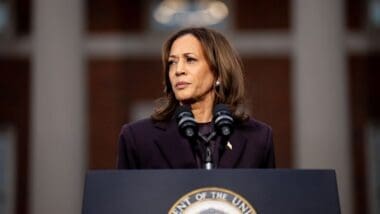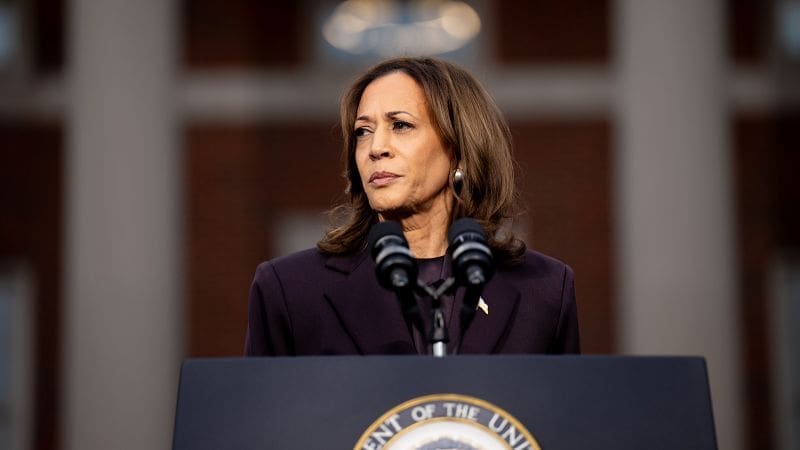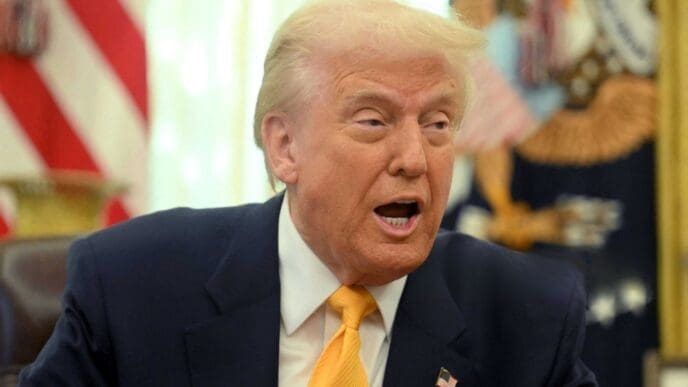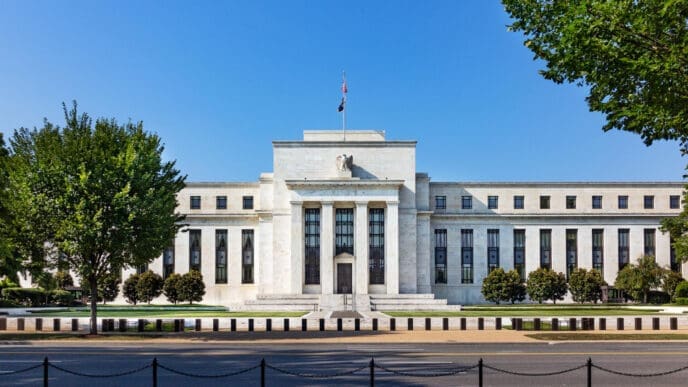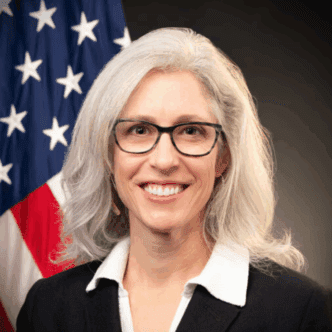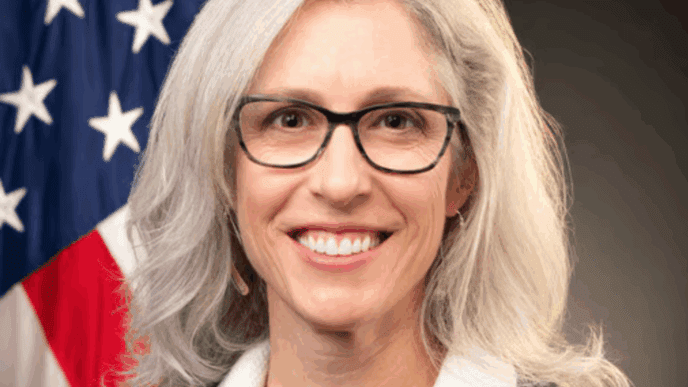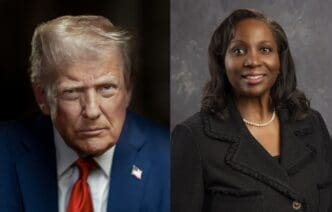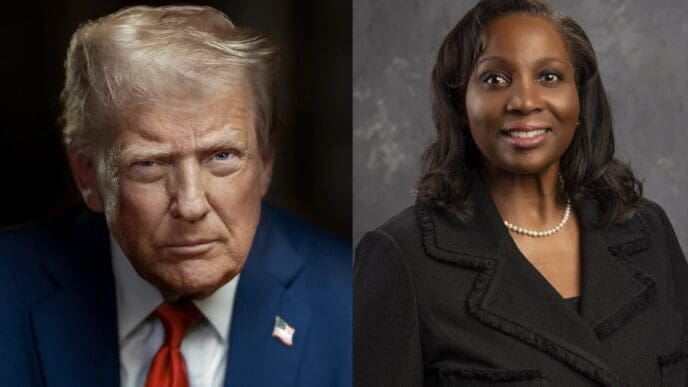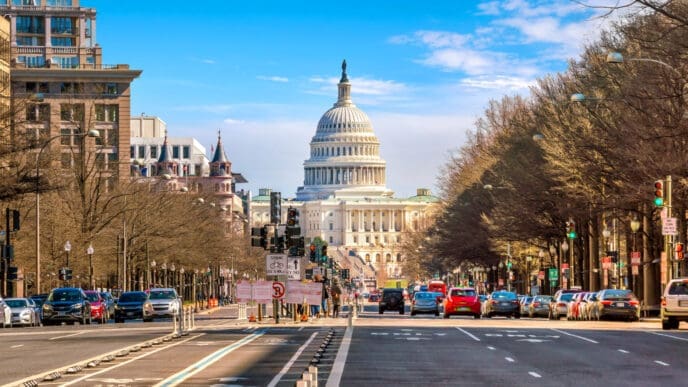In a whirlwind of political challenges and time constraints, Vice President Kamala Harris’s campaign came to an unexpected end. Three weeks after her defeat, campaign leaders opened up about the hurdles faced during the brief 107-day campaign, attributing the outcome to several external factors.
According to senior adviser David Plouffe, the sudden nomination of Harris as the Democratic presidential candidate, following President Joe Biden’s withdrawal, meant she had limited time to distinguish herself and formulate a cohesive message amid a challenging political environment. Plouffe, along with other senior advisers, discussed their strategic decisions on the ‘Pod Save America’ podcast, highlighting the difficulties of the truncated campaign timeline.
Campaign chair Jennifer O’Malley Dillon noted that the focus was not solely on attacking former President Donald Trump but rather on presenting a positive case for Harris. She emphasized the misconception that voters were already well-informed about Trump’s policies, describing it as a ‘complete fallacy.’ Despite efforts to sway voters, the campaign faced significant ‘headwinds,’ making it challenging to gain traction. Dillon pointed out that in areas where Harris campaigned, performance was notably better than other regions.
On a call with grassroots supporters, Harris herself acknowledged the difficulty of the campaign, expressing pride in the efforts made. She noted that their achievements within the limited timeframe were unprecedented, demonstrating the campaign’s resilience despite the unfavorable conditions.
The campaign leaders also addressed a controversial attack ad from Trump focusing on transgender rights, which they chose not to counter with national ads. Deputy campaign manager Quentin Fulks acknowledged the ad’s impact, though campaign leaders argued that it was not the determining factor in the election outcome.
Strategically, there was an effort to appeal to moderate Republicans. Plouffe explained the necessity of building a strong base while also captivating the moderate vote to enhance competitiveness.
Advisers expressed frustration with the traditional media’s handling of interviews, criticizing the lack of depth in questions posed to Harris. In contrast, Trump was said to have faced less scrutiny regarding policy discussions. Harris’s team stated that their attempts to arrange a podcast appearance with Joe Rogan, similar to Trump, were unsuccessful, missing an opportunity for broader engagement.
The Harris campaign, constrained by time and external pressures, faced numerous challenges in its quest to gain voter support. Despite significant efforts and strategic maneuvering, the short campaign period and formidable political environment proved difficult to overcome.
Source: CNN
